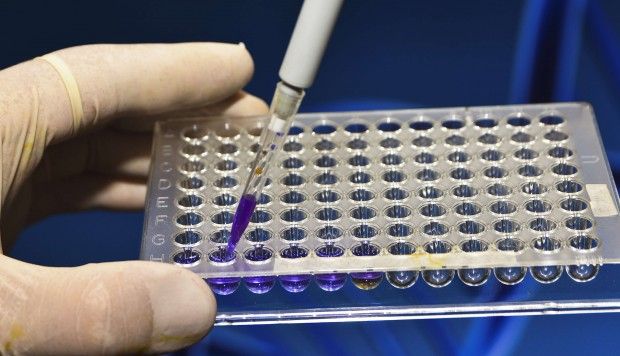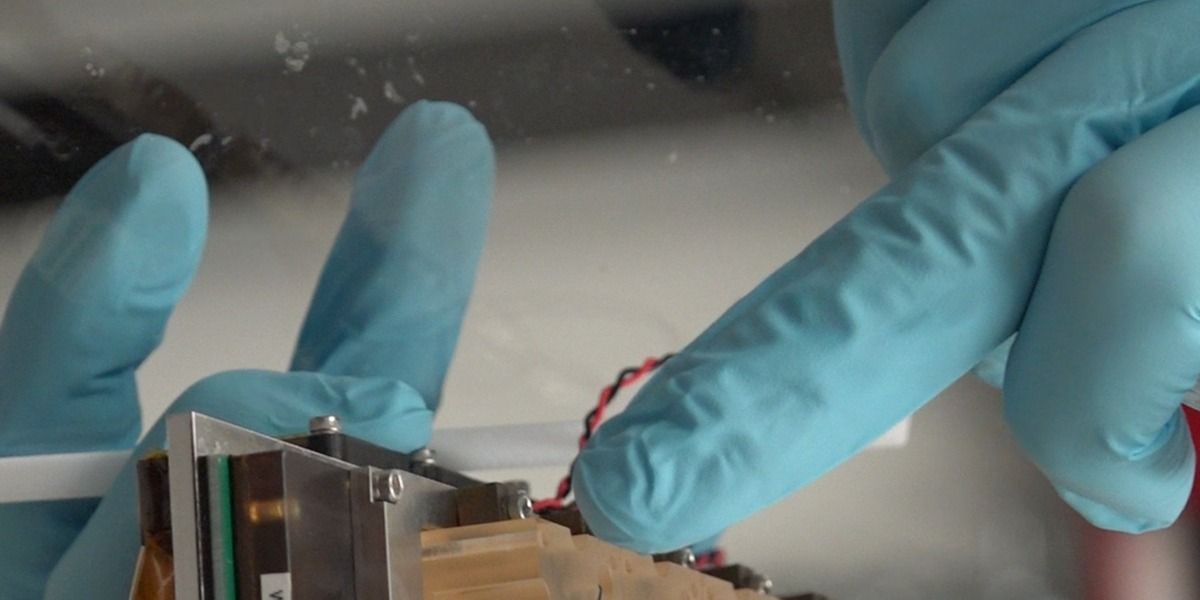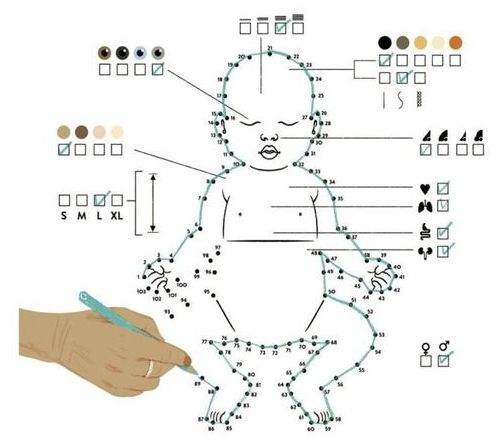
Depression, anxiety, grief, despair, stress—even suicide: The damage of unfolding climate change isn’t only counted in water shortages and wildfires, it’s likely eroding mental health on a mass scale, too, reports the American Psychological Association, the preeminent organization of American mental health professionals.
Direct, acute experience with a changing climate—the trauma of losing a home or a loved one to a flood or hurricane, for example—can bring mental health consequences that are sudden and severe. After Hurricane Katrina, for example, suicide and suicidal ideation among residents of areas affected by the disaster more than doubled according to a paper led by Harvard Medical School, while one in six met the criteria for PTSD, according to a Columbia University-led paper. Elevated PTSD levels have also been found among people who live through wildfires and extreme storms, sometimes lasting several years.
But slower disasters like the “unrelenting day-by-day despair” of a prolonged drought, or more insidious changes like food shortages, rising sea levels, and the gradual loss of natural environments, will “cause some of the most resounding chronic psychological consequences,” the APA writes in its 69-page review of existing scientific literature, co-authored by Climate for Health and EcoAmerica, both environmental organizations. “Gradual, long-term changes in climate can also surface a number of different emotions, including fear, anger, feelings of powerlessness, or exhaustion.”
Continue reading “Climate change is causing PTSD, anxiety, and depression on a mass scale” »
















